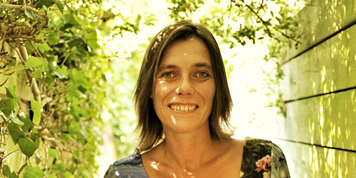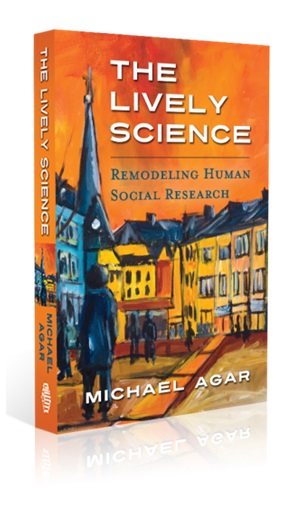I love this book. I do. It offers a tight case for researching the human social world in a way that I hold dear. “All sciences”, Agar writes, “make their case based on evidence according to the rule of some logic, and then they try to prove the case is wrong in order to show that it might be right” (p. x). The lively science Agar proposes is not different from this, but “once a human makes other humans in their social world the scientific focus, all sorts of problems come up that didn’t appear with material objects or with most non-human forms of life” (p. x). These are problems that many researchers come across and that Agar describes and addresses in his must-read book.
In our [campus]OrléoN philosophy learning to become a (better) researcher is captured in a reminder of five questions:
1. what is available for you?
2. what do you want to achieve?
3. what can you do?
4. what do you do?
5. who are you?
These questions are, I think, good guidelines for reflections, an activity every researcher should undertake every now and then to see if anything needs reconsideration.
I will not repeat here all the points Agar makes – you should indulge yourself with a copy of your own and sit back for an pleasant read – but I’ll discuss his book answering these questions and show how his work is a valuable asset for researchers of human social worlds.
Download the full review PLUS the reply from Michael Agar.


